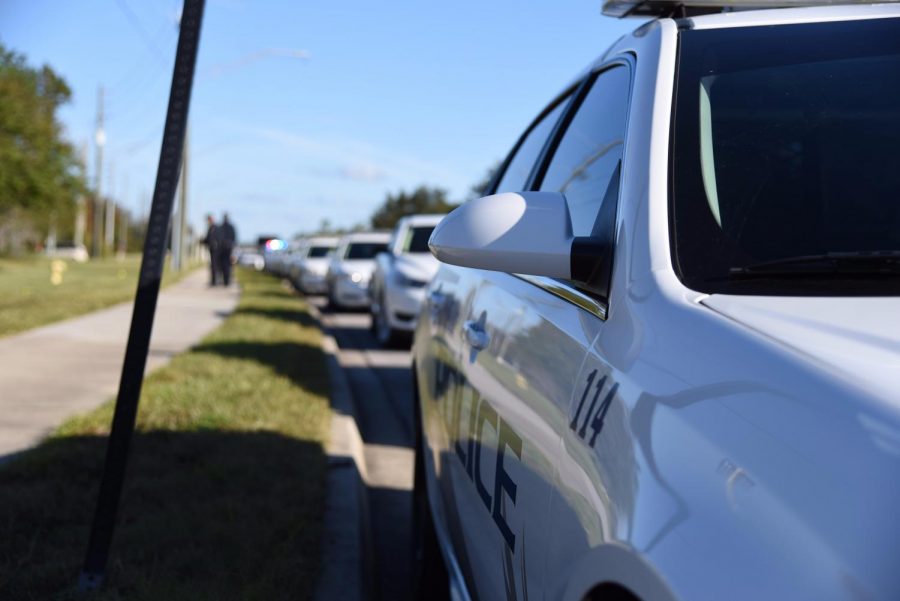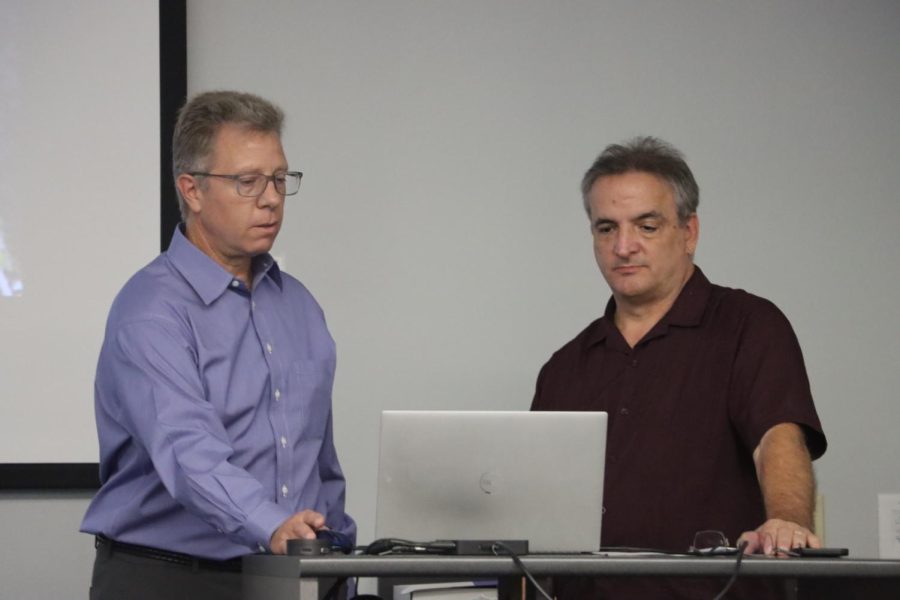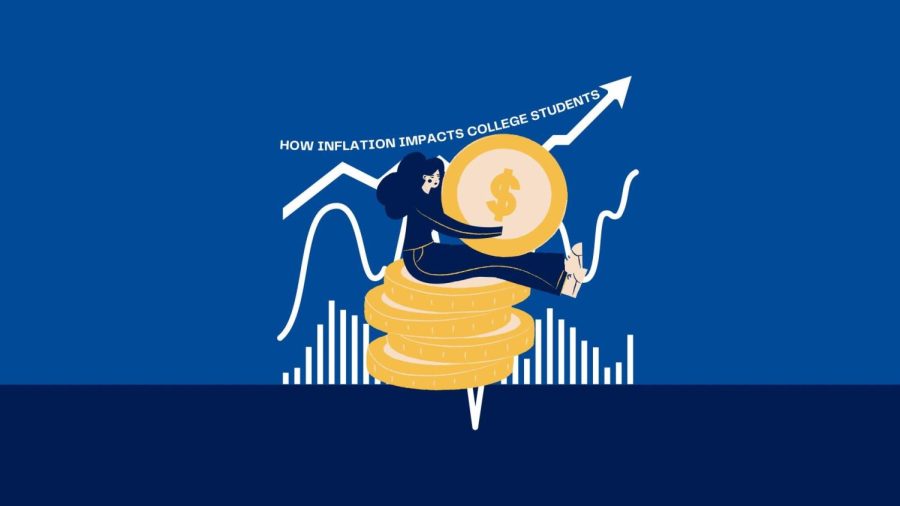Starting August 2014, UNF’s campus will be smoke-free.
A notice of new regulation went up on the Board of Trustees website Nov. 19.
The Smoke-Free Campus Initiative will come fully into effect Aug. 25, 2014. This means all designated smoke areas will be eliminated and all ashtrays will be removed.
The initiative relies on ‘voluntary compliance’, so faculty, staff and students share responsibility of enforcement.
If an individual is seen smoking, according to the initiative, they are to be reminded in a professional and respectable manner of the university regulation.

Photo by Randy Rataj / Spinnaker
Assistant director of Health Promotion Michael Kennedy, said “if you see someone smoking, you don’t walk up to them and persecute them or prosecute them. You just say ‘hey you might not be aware that the university is a smoke free area and remind them of the policy.’”
Kennedy said there is no 100 percent way to keep cigarette butts off the ground.
He said, “What most institutions that have gone smoke or tobacco free have said is that if you’re expecting a hundred percent compliance, you’re never going to be happy or achieve that.”
The initiative will ban not just cigarettes, but all tobacco products. The ban does not include electronic cigarettes.
The initiative also states, “Under limited and specific instances there is potential for an exemption to the regulation as approved by the university president.”
Zach Author, an Economics and Flim major, said “I’ve seen this initiative before at UCF, and it didn’t work there. I expect the initiative to result in more cigarette butts on the ground since they are removing ashtrays.”
The University of Central Florida initiative also uses the voluntary compliance method of enforcement.
Rich Gedihovich, a Sociology major, also opposes the initiative because he said it feels like an obstruction of our rights.
Zach Schlein, a Political Science major, said “As a smoker, people are often surprised when I say that I support the initiative.”
“Before I came to UNF, I never smoked—I thought cigarettes were disgusting. After being here for a year and a half, I am now a daily smoker, and I am sure that corresponds with the prevalence of cigarettes on campus.”
Schlein said, “The initiative will certainly serve as more motivation to quit, as well as hopefully keep others from falling into the same trap I did.”
Kennedy said plans to introduce this policy started in Fall 2011, when Health Promotions did a university-wide survey. It went out to all students, faculty and staff, with just under 4700 respondents.
He said “That’s a huge response. Often times you only get about a two to three percent response rate.”
He said out of those who responded, about 80 percent were students.
In addition to the survey, he said Health Promotions had four different forums in different locations.
As a result of the survey and forums, he said, they found about 75 percent of students wanted the campus to go smoke-free. He also said attendance at the forums ranged from one to two dozen people.
Kennedy said that during the forums some of the people opposing the initiative weren’t even smokers, they were just opposing it based on a person’s rights.
Shelly Purser, the Director of Health Promotions, declined an interview because she said she has already spoken to the Spinnaker several times already about the initiative already.
Email Blake Middleton at reporter32@unfspinnaker.com











